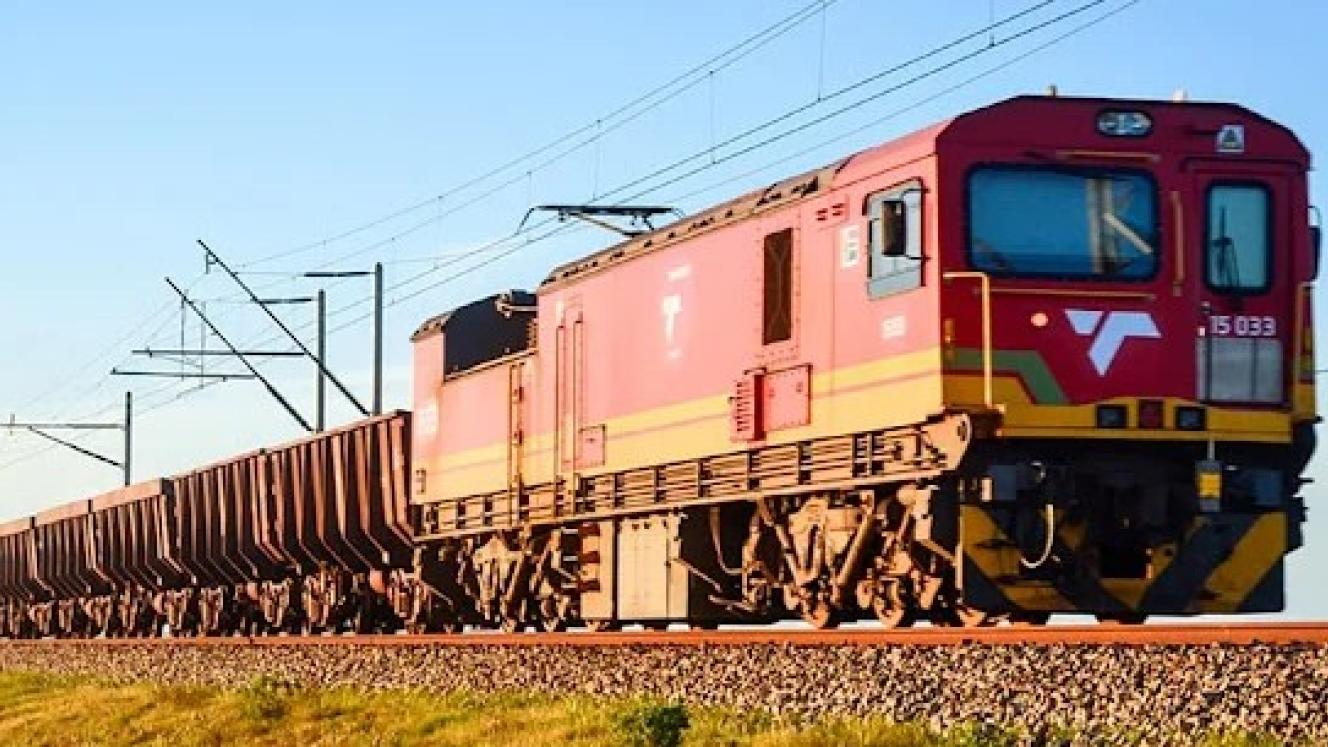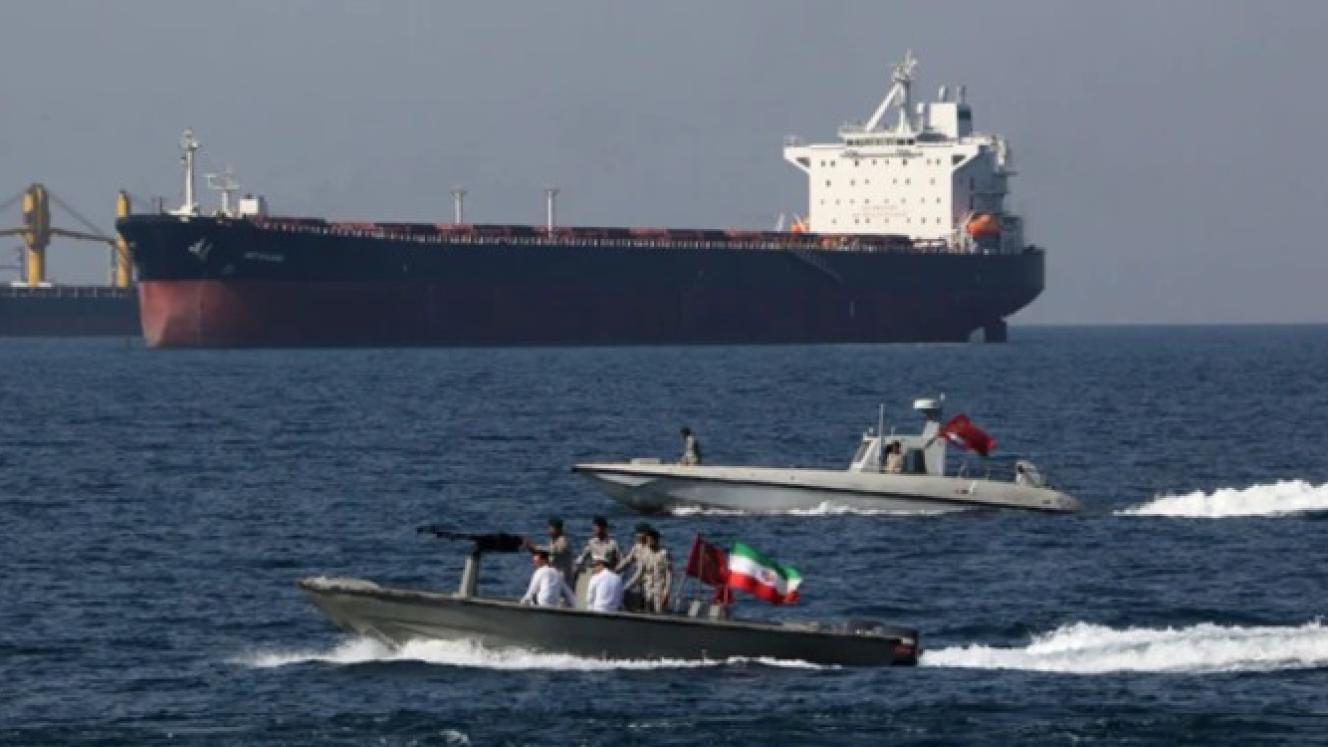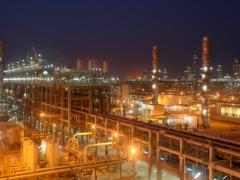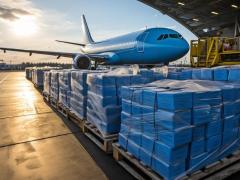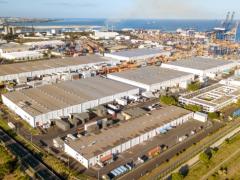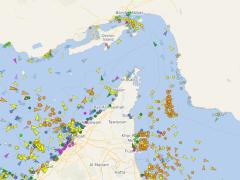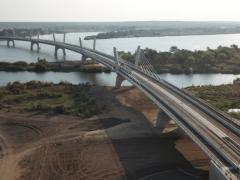The Department of Transport is moving ahead with reforms to improve passenger, freight and logistics systems.
This was the word from minister Barbara Creecy, who presented the department’s budget in Parliament on Wednesday.
“Prompt execution of reforms in the logistics sector is essential to address and reduce the risks present in both our global and domestic environments.
“Effective implementation of reforms is essential for boosting growth and employment; however, geopolitical tensions may alter foreign direct investment patterns.”
Creecy added that the department was guided by clear targets, including:
- Ensuring that 250 million tonnes of freight are carried on the Transnet network by 2029.
- Improving the speed of loading and unloading ships.
- Ensuring 600 million passenger journeys per annum by 2030.
- Moving some 42 million passengers and 1.2 million tonnes of airfreight through the Airports Company South Africa network of airports by the end of this political term.
- Reducing road fatalities by 45% by 2029.
- Boosting rail.
She told Parliament that fundamental to the rail reform programme was the intention to re-establish rail as the backbone of transport for people and goods.
“Since we embarked on the journey to restore passenger rail services nationwide, I am proud to share that Prasa (Passenger Rail Agency of South Africa) had, by the end of May 2025, successfully revived 35 out of 40 corridors and sections of service lines.
“[We] continue to deliver at pace, with Prasa achieving an unaudited figure of 77 million passenger journeys for the last financial year and 116 million passenger journeys for the 2025/26 financial year.
“Our competitive pricing model for commuter passengers will ensure that working-class communities take advantage of our offerings.”
The agency will receive about R66.1 billion over the medium-term.
“This significant budget is for maintaining, recovering and renewing rail infrastructure, rebuilding the signalling system, rolling out new train sets to priority corridors and increasing rail passenger trips,” she said.
Creecy said the department would “do all within our power to rebuild and modernise the capabilities, operational effectiveness and competitiveness of our State-owned freight logistics operator”.
“The Roadmap for the Freight Logistics System in South Africa clarifies that strategic infrastructure, such as rail lines and ports, will remain in public ownership, as assets belonging to the South African people.
“We must also enhance the involvement of additional operators as a way of extending freight logistics capabilities of the country and region, beyond what the public sector alone would have been able to accomplish.
“It is important to point out that as an economy we need freight logistics operators that can compete, but that can also complement each other when the need arises, for the benefit of our country and region.”
Creecy said limited state resources to fund infrastructure development had made private sector investment critical.
“To guide private sector investment in our five priority rail and port corridors, we have just concluded a Request for Information process. Transnet will issue Requests for Proposals from the end of August 2025 and so begin the formal procurement process.
“In line with the Private Sector Participation [PSP] envisioned in the White Paper on the National Rail Policy, Cabinet approved a PSP Framework in 2023 to guide private-sector involvement across the logistics sector value chain.”
The Minister emphasised, however, that the department was not waiting for private-sector involvement to get trains rolling.
“To sustain our economy, we cannot afford to wait until the PSPs reach financial close before launching an ambitious programme to rehabilitate Transnet’s rail network and rolling stock, as well as port infrastructure and equipment.
“Funding sources for immediate rehabilitation of the five priority rail corridors include the current Transnet budget for rail and rolling stock maintenance and the purchase of port equipment; submissions to National Treasury’s Budget Facility for infrastructure; and private investment in refurbishing or expanding line capacity through existing customer agreements.
“As a result of the hard work by the Transnet War Room, port volumes were 54.28% higher at the end of the 2024/5 financial year than the previous year; rail tonnage increased by 9 million tonnes; and containers handled in our ports increased by 48 000 Units,” she said. – SAnews.gov.za
